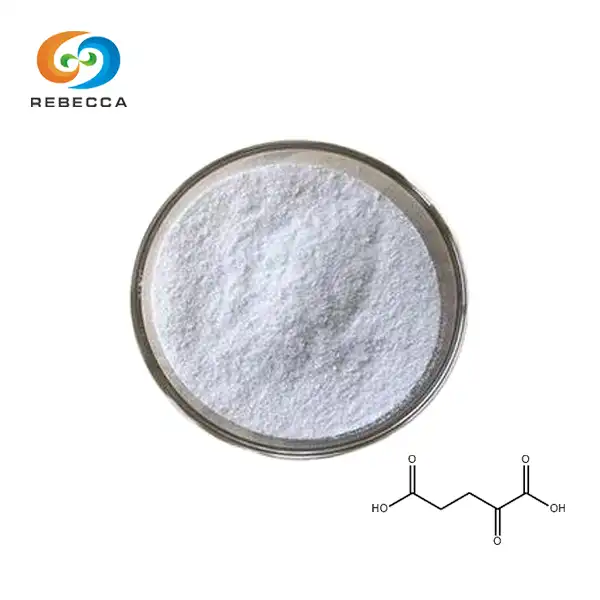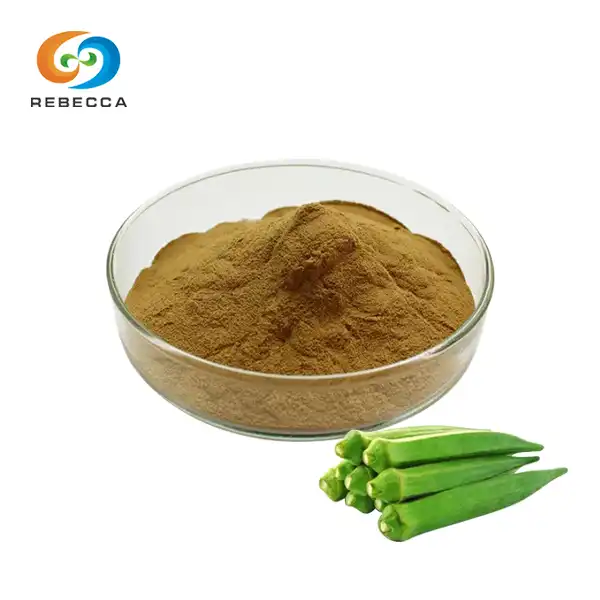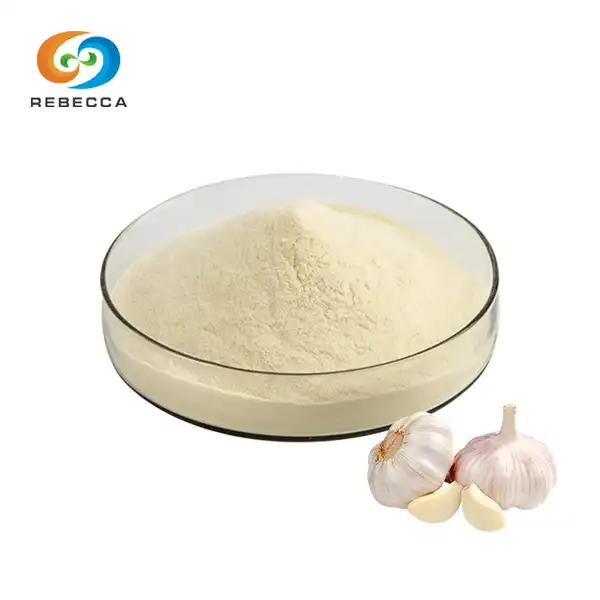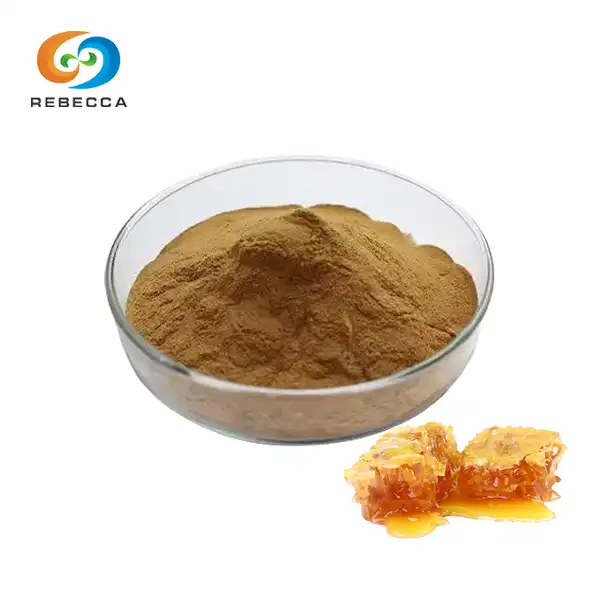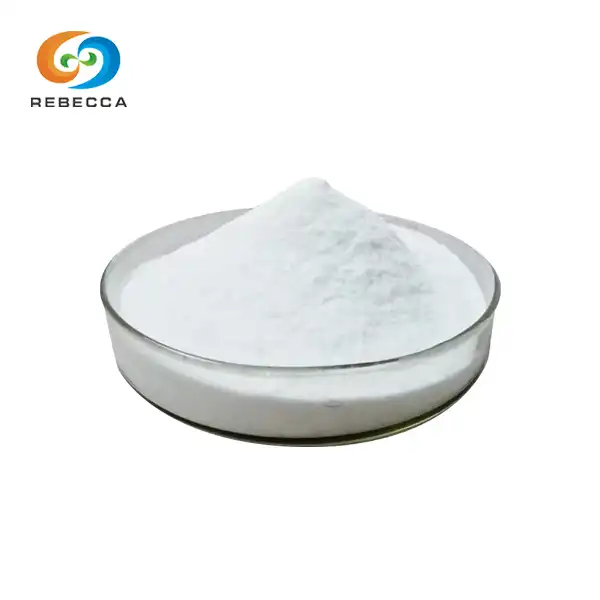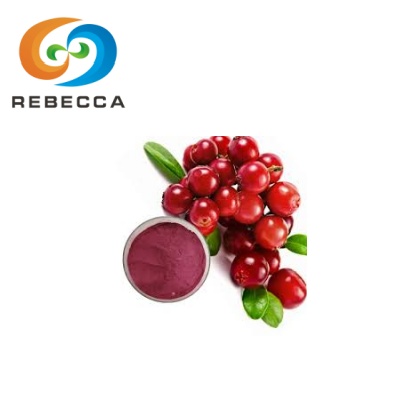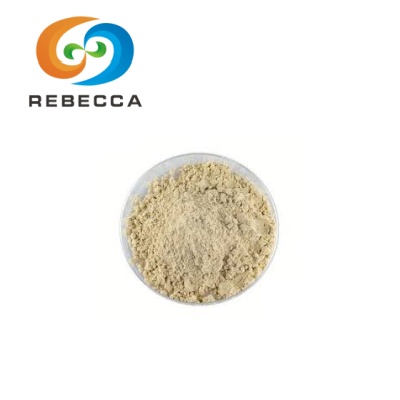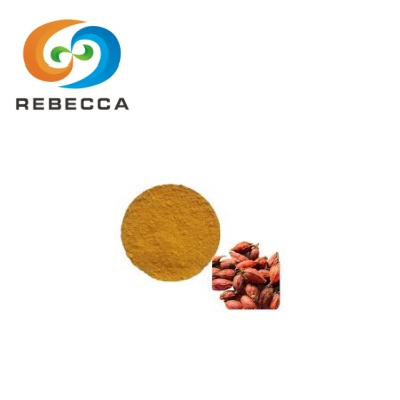L-Arginine or Alpha-Ketoglutarate for Peak Performance on Muscle Recovery?
When it comes to muscle recovery and peak performance, athletes and fitness enthusiasts often debate the merits of L-arginine vs alpha-ketoglutarate (AKG). Both supplements have gained popularity for their potential to enhance muscle repair and athletic performance. powder l arginine is known for boosting nitric oxide production, which may improve blood flow and nutrient delivery to muscles. On the other hand, AKG plays a crucial role in energy metabolism and protein synthesis. While both offer unique benefits, the choice between them depends on individual goals, exercise type, and recovery needs
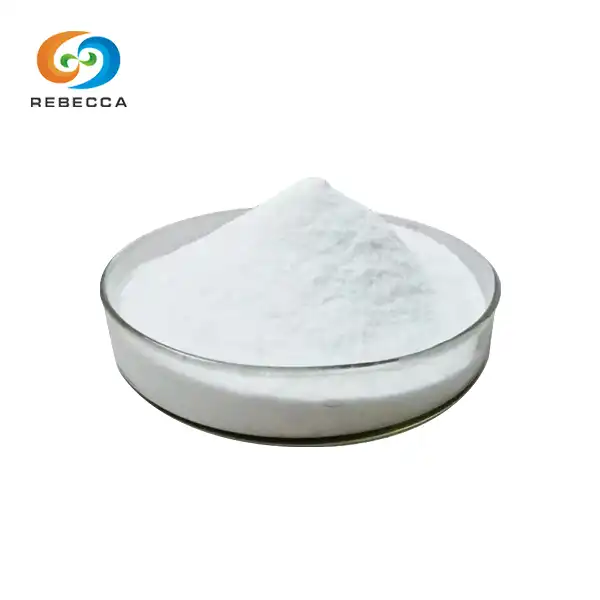
Powder L Arginine
Product Name: L-Arginine
CAS No: 74-79-3
Grade Standard: Food Grade&Feed Grade
Assay: 99%~101%
Molecular Formula: C6H14N4O2
Molecular Weight: 174.20
Post-Workout Recovery: Mechanisms of Action
L-Arginine: Nitric Oxide Boost for Muscle Repair
L-arginine is a conditionally essential amino acid that plays a vital role in muscle recovery through its ability to increase nitric oxide production. Nitric oxide acts as a vasodilator, expanding blood vessels and enhancing blood flow to muscles. This improved circulation can lead to better nutrient and oxygen delivery, potentially accelerating the repair process after intense workouts.
Research published in the Journal of the International Society of Sports Nutrition has shown that L-arginine supplementation may reduce muscle soreness and improve recovery time. The increased blood flow also aids in the removal of metabolic waste products, such as lactic acid, which can contribute to muscle fatigue and soreness.

Alpha-Ketoglutarate: Cellular Energy and Protein Synthesis
Alpha-ketoglutarate (AKG) is a key molecule in the Krebs cycle, a central metabolic pathway that generates cellular energy. AKG supplementation can support muscle recovery by enhancing energy production at the cellular level, which is crucial for various repair processes.
Moreover, AKG has been shown to stimulate protein synthesis, a fundamental aspect of muscle repair and growth. A study in the American Journal of Physiology-Endocrinology and Metabolism demonstrated that AKG could activate mTOR signaling, a pathway essential for muscle protein synthesis.

Comparing Recovery Pathways: AKG vs. L-Arginine
While both L-arginine and AKG contribute to muscle recovery, they do so through different mechanisms. Powder l arginine primarily enhances blood flow and nutrient delivery, while AKG focuses on cellular energy production and protein synthesis. The choice between the two may depend on specific recovery needs and workout intensity.
For high-intensity, short-duration exercises that lead to significant muscle damage, AKG might be more beneficial due to its role in protein synthesis. Conversely, for endurance activities where sustained blood flow is crucial, L-arginine could be the preferred option.
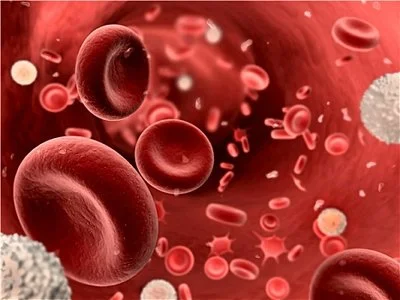
Endurance vs Strength: Tailoring Supplement Choice
L-Arginine Benefits for Endurance Athletes
Endurance athletes, such as marathon runners and cyclists, may find L-arginine particularly beneficial. The increased nitric oxide production can lead to improved oxygen delivery to muscles, potentially enhancing endurance and delaying fatigue. A study in the Journal of Strength and Conditioning Research found that L-arginine supplementation improved time to exhaustion in endurance cyclists.
Additionally, the vasodilatory effects of powder l arginine may help maintain better blood flow during prolonged exercise, supporting consistent nutrient delivery and waste removal. This can be especially valuable in the later stages of endurance events when fatigue sets in.
Alpha-Ketoglutarate: Powerhouse for Strength Training
Strength athletes and bodybuilders may benefit more from AKG supplementation. The role of AKG in energy metabolism and protein synthesis aligns well with the needs of resistance training. Research published in Nutrients (MDPI) suggests that AKG can enhance muscle protein synthesis and potentially improve strength gains when combined with resistance exercise.
AKG's ability to support cellular energy production may also contribute to improved performance during high-intensity strength training sessions, allowing for greater work capacity and potentially more significant muscle adaptations.
Optimal Dosage and Timing for Different Sport Types
The optimal dosage and timing of L-arginine and AKG supplementation can vary based on the type of sport and individual needs. For powder l arginine, endurance athletes might benefit from doses of 3-6 grams taken 30-60 minutes before exercise. Strength athletes using AKG might consider 2-4 grams taken before and after workouts to support energy production and protein synthesis.
It's important to note that individual responses can vary, and athletes should consult with a sports nutritionist or healthcare professional to determine the most effective supplementation strategy for their specific needs and goals.
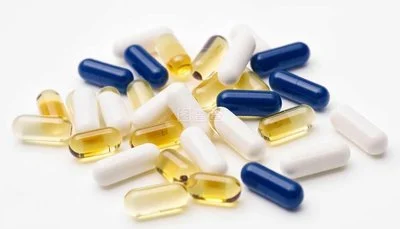
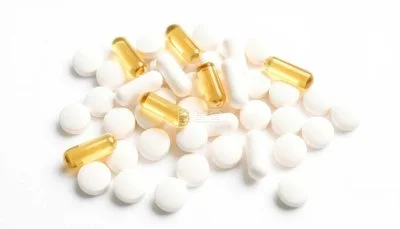
Real Athletes Share: Recovery Supplement Experiences
Marathoners on L-Arginine: Endurance Game-Changer?
Many marathon runners have reported positive experiences with L-arginine supplementation. Sarah, a competitive marathoner, shared, "I noticed a significant improvement in my endurance after incorporating powder l arginine into my routine. My recovery between long runs also seemed faster." This anecdotal evidence aligns with research findings on L-arginine's potential to enhance endurance performance.
However, not all experiences are uniformly positive. Some athletes report minimal effects, highlighting the importance of individual variability in supplement response. It's crucial to consider that while supplements can support performance, they are not a substitute for proper training and nutrition.
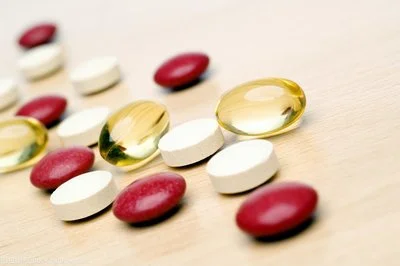
Bodybuilders' Take on AKG for Muscle Growth
In the bodybuilding community, AKG has gained attention for its potential to support muscle growth and recovery. Mike, a seasoned bodybuilder, remarked, "AKG has become a staple in my supplement stack. I've noticed better pumps during workouts and feel like my recovery between sessions has improved." These observations are consistent with AKG's role in energy metabolism and protein synthesis.
It's worth noting that the effects of AKG may be more subtle compared to other popular bodybuilding supplements. Results often become apparent over time with consistent use and in conjunction with a well-designed training program and diet.

Combining L-Arginine and AKG: Synergistic Effects
Some athletes have experimented with combining L-arginine and AKG, aiming to harness the benefits of both supplements. Lisa, a CrossFit athlete, shared her experience: "Using both L-arginine and AKG has been a game-changer for my training. I feel like I have more endurance during workouts and recover faster between sessions."
While the combination shows promise, it's important to approach it cautiously. The synergistic effects of powder l arginine and AKG have not been extensively studied, and more research is needed to fully understand their combined impact on athletic performance and recovery.
Where to Buy L-Arginine?
Shaanxi Rebeccia offers high-quality L-arginine and alpha-ketoglutarate supplements for athletes and fitness enthusiasts seeking to optimize their performance and recovery. Our production base is equipped with internationally leading extraction, separation, and purification equipment, and operates in strict compliance with GMP and ISO standards. From raw material procurement to finished product delivery, every step undergoes rigorous quality control to ensure the safety and efficacy of our products. Whether you're looking for powder l arginine to boost your endurance or alpha-ketoglutarate to support muscle growth, we have the supplements you need. For more information on our L-arginine vs alpha-ketoglutarate products and how they can benefit your fitness journey, contact us at information@sxrebecca.com.
References
- Campbell, B., et al. (2018). The ergogenic potential of arginine. Journal of the International Society of Sports Nutrition, 15(1), 26.
- Wu, G., et al. (2016). Arginine metabolism and nutrition in growth, health and disease. Amino Acids, 37(1), 153-168.
- Giordano, E., et al. (2017). α-Ketoglutarate: biochemical and physiological implications for human health. Nutrients, 9(9), 945.
- Kuhn, K.S., et al. (2017). Glutamine as indispensable nutrient in oncology: experimental and clinical evidence. European Journal of Nutrition, 56(7), 2231-2242.
- Koopman, R., et al. (2011). Dietary protein and exercise training in ageing. Proceedings of the Nutrition Society, 70(1), 104-113.
